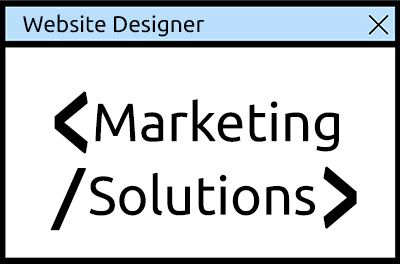
Nowadays, web browsing has undergone a tremendous transformation. With the development of technology, how people access websites has shifted considerably.
The use of mobile devices such as smartphones and tablets is increasing exponentially, resulting in the need for websites that can adjust accordingly. This has birthed responsive website design, a concept that optimizes content for different device types and screen sizes. To elaborate on this topic further, we’ll explore the importance of responsive websites in terms of user engagement in this article.
Responsive websites are webpages that adapt to different devices and screens, allowing for a smooth user experience regardless of the device they may be using. They use flexible grids and layouts, as well as images and CSS3 media queries, to adjust the design based on the size of the screen. This means that visitors who access your site with different devices can do so with ease. Responsive websites allow content to display correctly without needing any additional action from the user.
This can entail adjusting images to fit the display, moving design elements to a better suited position, and altering the arrangement of the website to enhance ease of use on compact displays.
The intent of responsive design is to guarantee a consistent experience for all users, no matter the device they are using. To accomplish this, flexible layouts, images, and text that adjust based on the screen size and resolution of the device are employed.
This eliminates the need for zooming in and out while browsing the site, making navigation easier on smaller screens.
Understanding why responsive websites are so important for user retention is key. With a website that operates correctly on all device types and sizes, it allows for users to have access from any device they may be using and enhances the user experience. It also helps them interact better with your website. This ultimately leads to improved user retention.
The use of mobile devices, such as smartphones and tablets, is skyrocketing. Statista’s latest report reveals that more than half of all website traffic around the world is coming from these gadgets. If you don’t make sure your website is optimized for mobile, you could be missing out on many potential customers.
User experience is a vital element when attempting to keep visitors on your website. If surfers struggle to find their way around or read your website on their device, they may look elsewhere for a more user-friendly option. Responsive design should provide an uninterrupted experience regardless of the user’s device, aiding in boosting retention rates.
By using responsive design, you can reap the rewards of improved SEO performance. Google’s search algorithm uses mobile-friendliness as a ranking factor, so sites that are not optimised for mobiles could be at a disadvantage compared to those that have adopted this approach.
Our company provides a cost-effective solution for businesses looking to streamline their website. We can save you time, money, and energy. We are confident that it is the perfect way to help businesses achieve your goals.
Responsive design is an ideal choice for businesses, as it eliminates the need for separate sites or apps. This approach streamlines development and upkeep, as all updates can be made to a single site. Additionally, it can help cut costs significantly.
Responsive design not only protects your website against potential future changes in technology, but also ensures that users will have optimal experiences regardless of the device they use. This eliminates the need to constantly update your website as new devices hit the market.
Responsive design is essential for any contemporary website plan.
Responsive design can ensure that your website is accessible to the widest range of users. It offers a consistent user experience across various devices, which is essential for retaining customers and staying competitive in the future. If you haven’t done so yet, now’s the time to invest in it.




